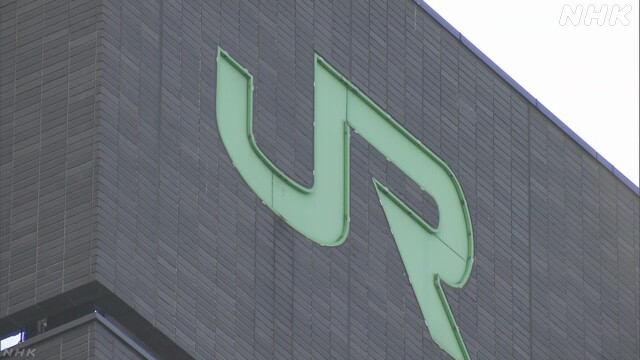JR and major private railways nationwide suffered a significant drop in the use of railroads and hotels due to the impact of the new coronavirus, and the total amount of the final deficit last year exceeded 1.5 trillion yen.
Last year's financial results of 6 JR companies operating passenger businesses and 15 major private railway groups were completed by the 14th, and all final profits and losses were in the red.
The deficit
is 41 billion yen for JR Hokkaido,
577.9 billion yen for JR East,
2015 billion yen for
JR Central, 233.2 billion yen for JR West,
8 billion yen for JR Shikoku, and
18.9 billion
yen for
JR Kyushu. It was a circle.
Of these,
eastern Japan and Tokai were the first final deficits, and
Hokkaido and western Japan were the largest deficits ever.
On the other hand, the deficit of private railways in the
Tokyo metropolitan area is
▽ Seibu Holdings 72.3 billion yen,
▽ Tokyu 56.2 billion yen,
▽ Tokyo Metro 52.9 billion yen,
▽ Odakyu Electric Railway 39.8 billion yen,
▽ Keisei Electric Railway 30.2 billion yen,
▽ Keio Electric Railway was 27.5 billion yen,
▽ Keikyu Electric Railway was 27.2 billion yen,
▽ Tobu Railway was 24.9 billion yen, and
▽ Sotetsu Holdings was 13 billion yen.
In other areas,
▽ Kintetsu Group Holdings is 60.1 billion yen,
▽ Hankyu Hanshin Holdings is 36.7 billion yen,
▽ Nagoya Railroad is 28.7 billion yen,
▽ Nishi-Nippon Railroad is 12 billion yen,
▽ Keihan Holdings is 4.5 billion yen,
▽ Nankai Electric Railway Was 1.8 billion yen.
As a result, the final deficit of major railway companies nationwide totaled over 1.5 trillion yen.
In response to the difficult business situation, Tokyu and Kintetsu have announced that they will consider raising fares.
Each company sells its hotels and office buildings, and implements "temporary leave" to temporarily take a rest from employees, but the outlook for infection has not been resolved and the business environment remains severe.

